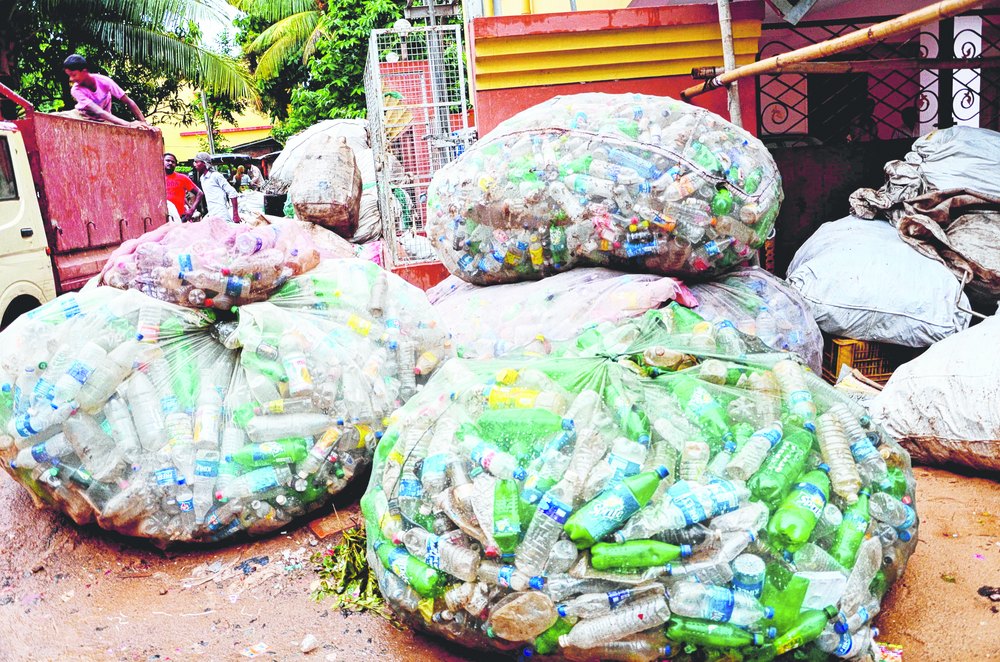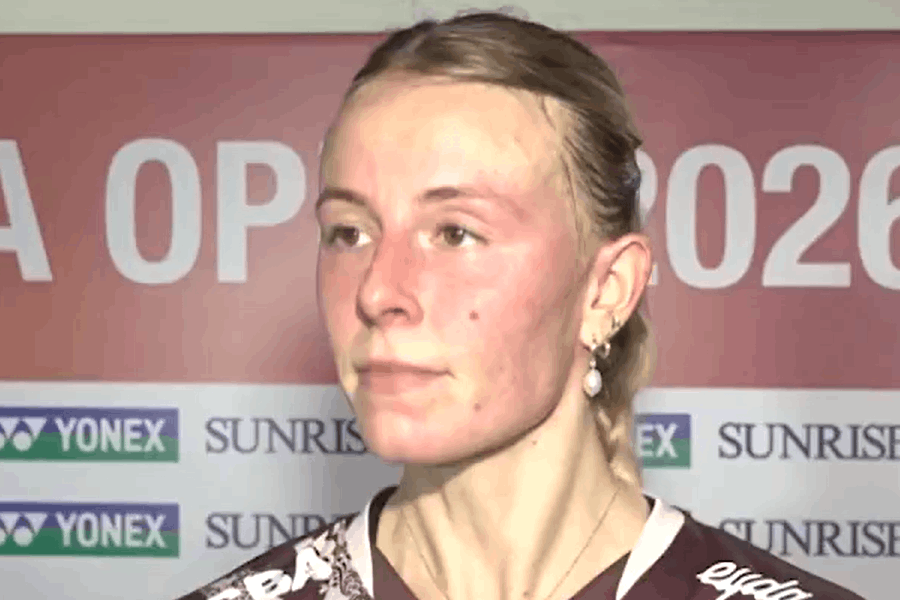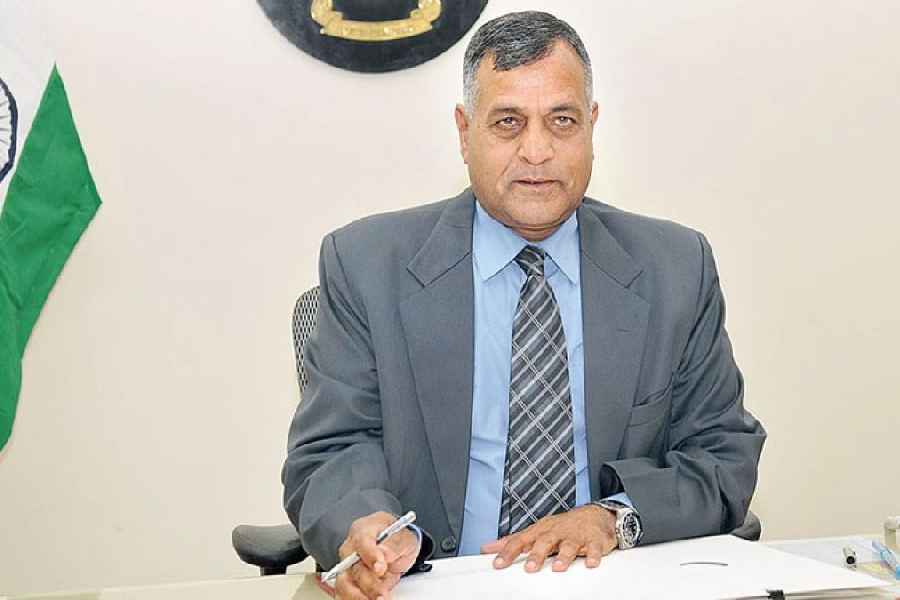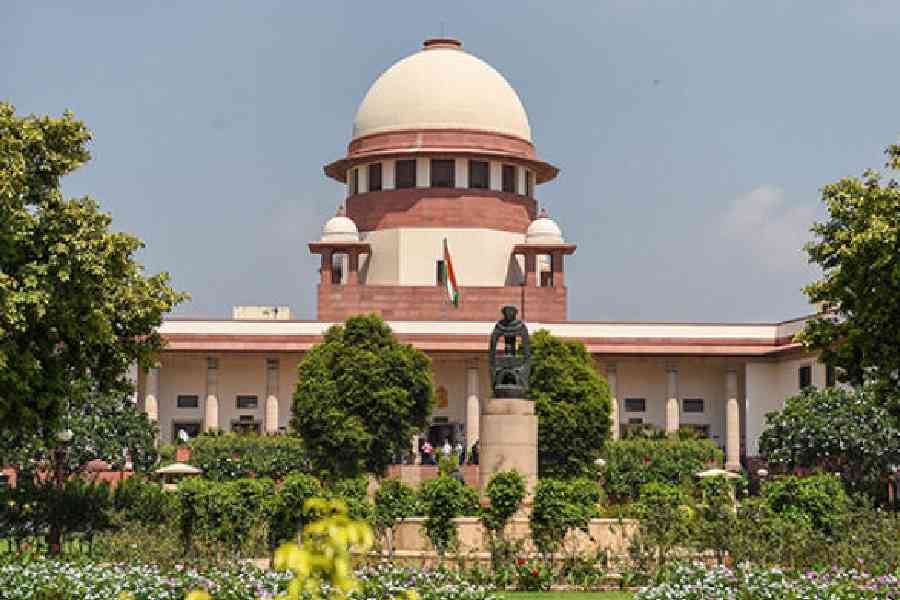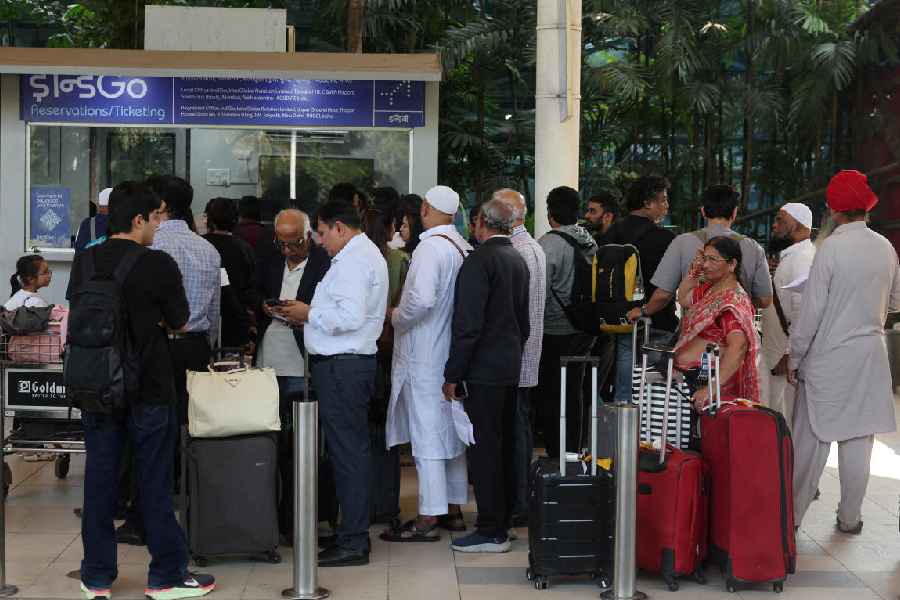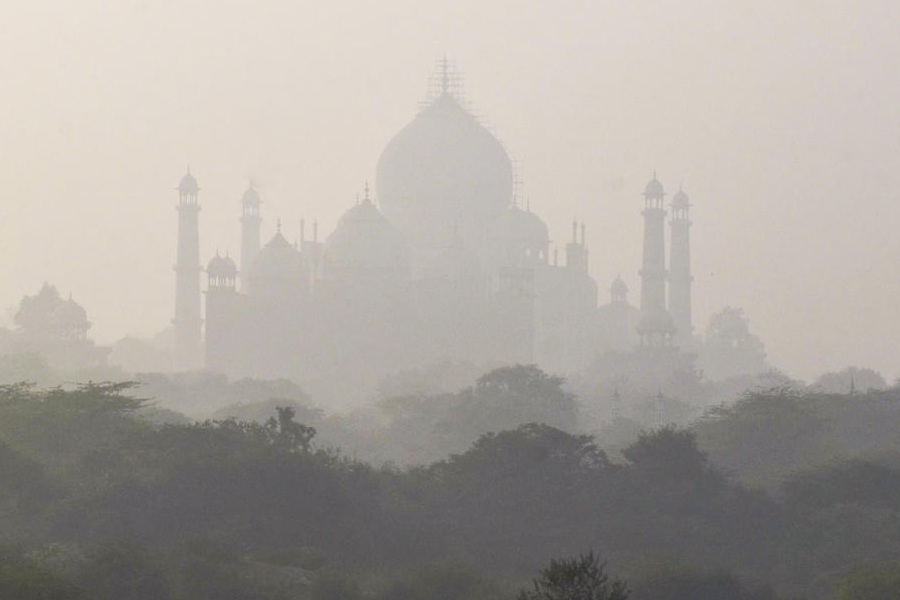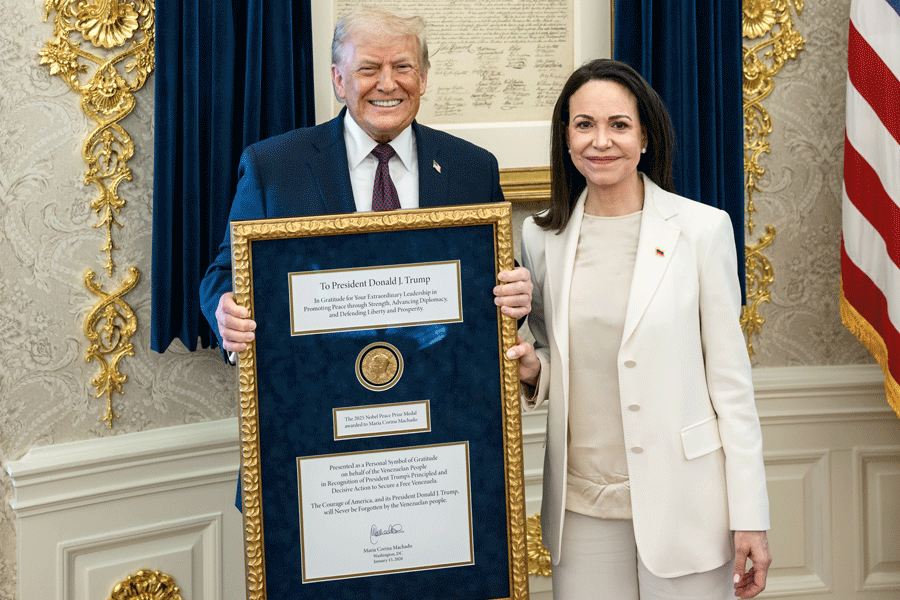
Bhubaneswar, May 10: To lessen the city's polythene load, the state government has decided to process the waste in cement plants so that it can be burnt as fuel and turned into fly ash.
It will also foot the bill for the transportation of polythene waste from Bhubaneswar to the cement plants in west Odisha.
Plastic and polythene wastes can be burnt in the incineration plants. However, according to scientific studies, if the waste is burnt in a cement plant kiln, then the entire mass of the polymer is used and no residual form remains. It is safe and is the accepted practice all over the globe.
Development commissioner and additional chief secretary Upendra Nath Behera has directed the civic authorities to segregate plastic and polythene wastes from other biodegradable wastes so that they can be diverted to cement plants.
The development commissioner has also asked the civic authorities to use the composting technology for bio-degradable components of the wastes so that they can be recycled as manures.
The civic body may take more than six months to start the process to collect the polythene and send them to cement plants.
At present, the city produces 350 metric tonnes of municipal solid waste out of which 20 per cent is polythene. The final dumping of the waste can be reduced up to 20 per cent by burning the solid waste and composting the biodegradable materials. However, without any segregation of wastes (polythene and bio-degradable ones) the final dumping is almost 100 per cent, which is causing a space constraint at the dumping site of Bhuasuni.
Bhubaneswar Municipal Corporation (BMC) additional commissioner D. Brundha said: "We have already started an awareness drive to teach people how to separate municipal solid waste at source through the Swachha Bhubaneswar Abhijan cell. The unit members have organised campaigns at 10 slums and gradually all 67 wards will be roped in so that households and institutions start accumulating garbage in two different bins - one containing polythene and the other bio-degradable waste."
The civic body has also prepared an action plan to involve students and community leaders to educate people about the same. "After the vacation, we are going to organise competitions for students in all schools of our 67 wards," said deputy commissioner (projects and public relations) Srimanta Mishra.
Parthasarathi Das, a college teacher and a resident of Kalinga Vihar area, said: "Polythene separation at source can also help in collecting the material at lesser cost. According to the new technology, plastics recovered from the municipal solid waste can also be used in building roads. This makes the roads strong and it can withstand natural disaster. Odisha government should also try to use the technology."
In the past, the BMC had transported four truckloads of polythene on an experimental basis, but the difficulty in doing the separation at the dumping yard and the cost of transportation forced the civic body to abandon the plan.

